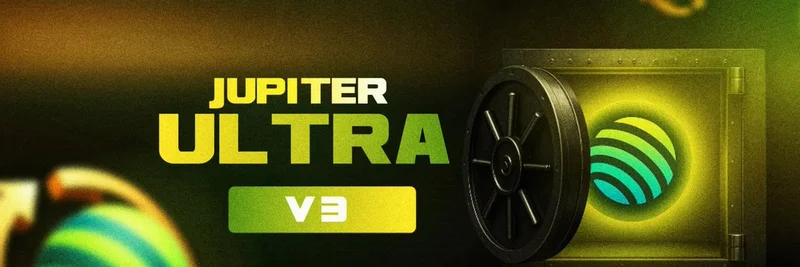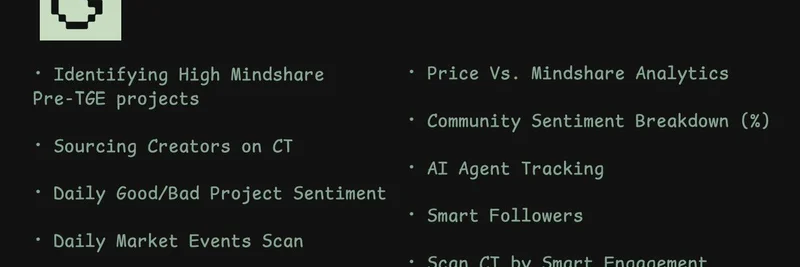Hey crypto enthusiasts, if you're keeping an eye on the evolving world of stablecoins and blockchain expansions, there's some exciting news bubbling up from Africa. Ripple, the company behind the popular XRP token, is making big moves by bringing its new USD-pegged stablecoin, RLUSD, to the continent. This isn't just another token drop—it's a strategic push to enhance cross-border payments and financial access in one of the world's fastest-growing crypto markets.
Understanding RLUSD: Ripple's Stablecoin Play
For those new to the scene, RLUSD stands for Ripple USD. It's a stablecoin designed to maintain a 1:1 value with the US dollar, backed by reserves like cash and short-term US Treasuries. Unlike volatile cryptocurrencies, stablecoins like RLUSD provide stability, making them ideal for everyday transactions, remittances, and even as a bridge for trading other assets. Ripple launched RLUSD to compete in the crowded stablecoin space dominated by giants like USDT and USDC, but with a focus on enterprise-grade reliability and regulatory compliance.
This expansion into Africa comes hot on the heels of RLUSD's initial rollout, signaling Ripple's ambition to go global quickly. According to recent reports from CoinDesk, Ripple is targeting institutional users first, which could pave the way for broader adoption.
The Key Partnerships: Chipper Cash, VALR, and Yellow Card
The rollout is powered by three major African fintech players, each bringing unique strengths to the table:
Chipper Cash: This popular mobile money app, known for seamless cross-border transfers across Africa, will integrate RLUSD to make remittances faster and cheaper. Imagine sending money from Nigeria to Kenya without the usual banking hassles—RLUSD could make that a reality.
VALR: As one of South Africa's leading crypto exchanges, VALR will handle trading and liquidity for RLUSD. This means users can easily buy, sell, or swap the stablecoin, providing a stable on-ramp for other crypto activities.
Yellow Card: Focused on bridging fiat and crypto in emerging markets, Yellow Card will help distribute RLUSD for payments and settlements. It's already a go-to platform in countries like Ghana and Tanzania, so this partnership could accelerate crypto uptake there.
These collaborations were highlighted in a breaking tweet from BSCNews, which quickly sparked discussions in the crypto community. Replies to the tweet ranged from excitement about Africa's growing role in blockchain to calls for more innovation in the space.
Why Africa? The Bigger Picture for Blockchain and Meme Tokens
Africa has been a hotbed for crypto adoption, with high mobile penetration and a young population eager for alternatives to traditional banking. Remittances alone account for billions annually, often hit by high fees and slow processing. RLUSD aims to slash those barriers, offering near-instant, low-cost transfers.
But how does this tie into the meme token world we love here at Meme Insider? Well, stablecoins like RLUSD serve as the backbone for trading volatile assets, including meme coins. With easier access to USD-pegged liquidity in Africa, traders on platforms like VALR could more readily dive into meme token markets on chains like Solana or Binance Smart Chain. Think of it as fuel for the next wave of meme mania—lower barriers mean more participants, potentially driving up engagement and innovation in community-driven tokens.
Plus, Ripple's move could inspire similar expansions for other projects. We're already seeing meme tokens with real-world utility popping up, and stablecoin integrations could supercharge their growth in underserved regions.
Looking Ahead: Implications and Opportunities
This isn't just about Ripple—it's a signal that blockchain is maturing into practical tools for global finance. As U.Today notes, partnerships like these could rival traditional systems like SWIFT, especially in regions hungry for efficiency.
For blockchain practitioners, this is a reminder to stay agile. Whether you're building dApps or trading memes, understanding stablecoin ecosystems is key to navigating the market. Keep an eye on how RLUSD performs in Africa; it could set precedents for future expansions.
If you're in Africa or interested in emerging markets, check out these platforms and see how RLUSD fits into your strategy. As always, DYOR (do your own research) and trade responsibly.
What do you think—will this boost meme token adoption in Africa? Drop your thoughts in the comments!


